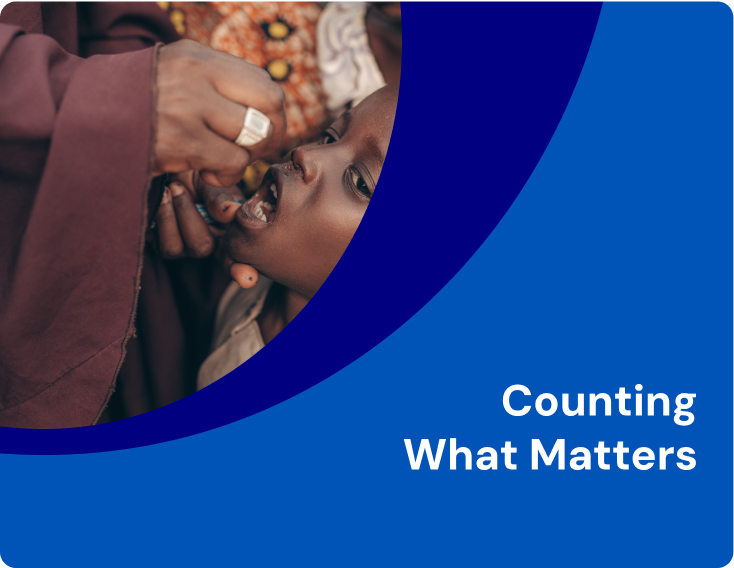When it comes to building a healthier future, numbers matter. Behind every vaccine delivered is a child counted, a mother identified, and a community mapped. For Nigeria, Africa’s most populous nation, the success of routine immunization depends not only on the availability of vaccines but also on understanding who needs them, where they are, and how fast the population is growing.
Why Population Data Matters for Immunization
Routine immunization is one of the most effective ways to prevent disease and save lives. But in Nigeria, with over 200 million people and one of the world’s fastest-growing populations, ensuring every eligible child is reached is a monumental task.
Accurate population data helps to:
- Forecast vaccine demand so supply matches actual needs.
- Identify high-burden communities, especially children under 1 year who need essential vaccines.
- Allocate health workers and resources fairly across urban centers, rural villages, and hard-to-reach areas.
- Track coverage and gaps, ensuring no child is left behind.
The Challenge of Counting in Nigeria
In many parts of the country, weak civil registration systems mean births are under-reported. Migration, conflict, and rapid urban growth further complicate population tracking. As a result, health facilities may underestimate or overestimate the number of children eligible for vaccines—leading to shortages in one area and wastage in another.
Innovative Approaches to Population Tracking
To overcome these challenges, Nigeria is adopting innovative strategies:
- Community-Based Enumeration: Local health volunteers track births and maintain registers of under-1 children in their settlements.
- Digital Tools & GIS Mapping: Technology helps map remote villages and estimate populations in previously uncounted areas.
- Cross-Sector Collaboration: Working with schools, religious institutions, and traditional leaders provides additional data on children and families.
The Future of Routine Immunization
As Nigeria’s population continues to grow, the key to sustaining high immunization coverage lies in counting what matters most: the people. Every child missed represents not just a number but a life at risk of preventable diseases. By investing in better data systems and community-driven enumeration, Nigeria can strengthen its immunization program and build resilience for generations to come.
Conclusion
Vaccines save lives, but only if they reach the right people at the right time. For Nigeria, the future of routine immunization is inseparable from the ability to count, track, and plan for its dynamic and growing population. After all, effective health planning begins with knowing who we are protecting—and ensuring that no child is invisible.

